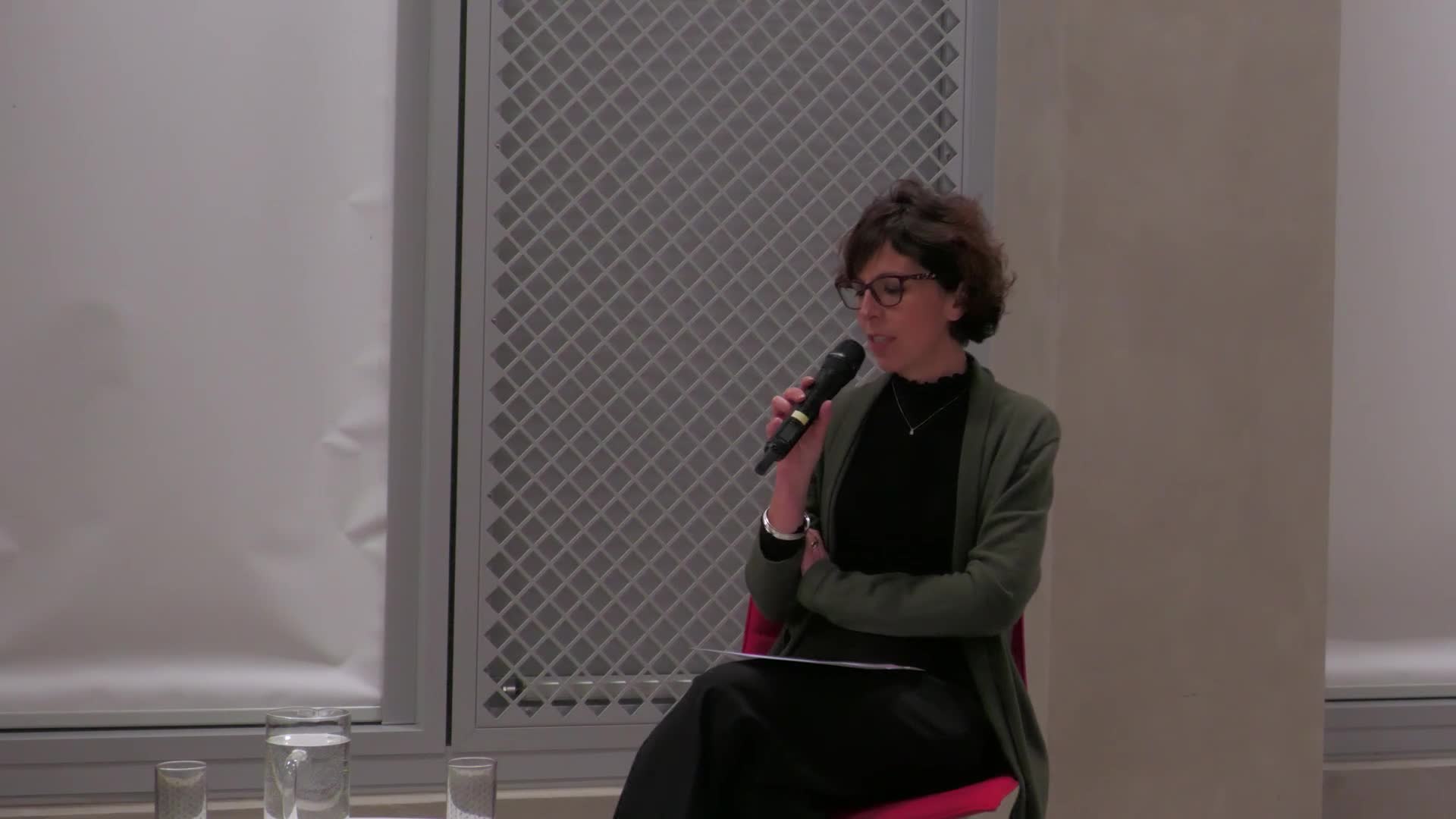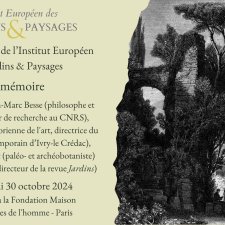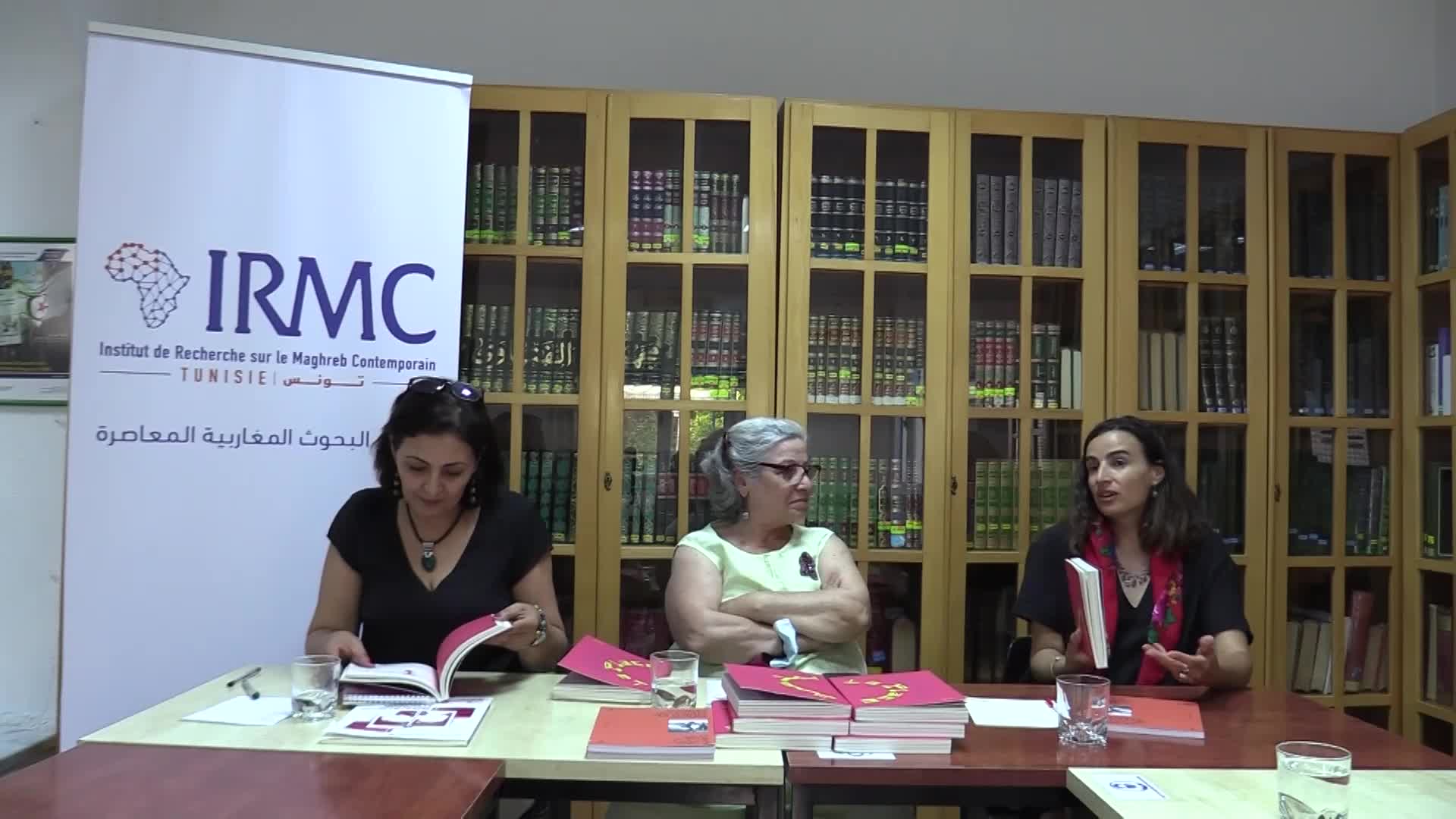Notice
How Do Pre- and Post-Encoding Processes Affect Episodic Memory?
- document 1 document 2 document 3
- niveau 1 niveau 2 niveau 3
Descriptif
What post-encoding processes cause forgetting? For decades there had been controversy as to whether forgetting is caused by decay over time or by interference from irrelevant information, and a coherent account for forgetting was lacking. My colleagues and I have proposed the Representation Theory of Forgetting, according to which forgetting can occur either due to decay or due to interference, depending on the nature of the memory-representation and the brain-structure supporting it. The hippocampus—a structure playing a crucial role in recollection—has a unique neurobiological property, termed pattern-separation, which enables it to represent similar memories in orthogonal patterns. In contrast, familiarity-based memories, supported by extrahippocampal structures are not represented in orthogonal patterns. Therefore, hippocampal-memories will be relatively resistant to interference from one another, but susceptible to decay over time; the reverse would be true for extrahippocampal-memories. In my talk, I will present behavioural evidence in support of our theory.
In addition, I will present a related research program, in which I ask whether memory is affected not only by post-encoding processes (like decay and interference), but also by processes occurring prior to encoding. I hypothesize that the scaffold of a memory engram is spontaneously laid even before the experience occurs. In support of this hypothesis, we have shown— using multivoxel-pattern-analysis of fMRI data—that the mnemonic fate of information depends on whether spontaneous neural representations prior to perceiving the information are reinstated during encoding.
Thème
Dans la même collection
-
Dialogue Context in Memory
Recent years have seen the emergence of theories that can be used to analyze a variety of phenomena characteristic of conversational interaction, including non-sentential utterances, manual
-
A neural model of sensorimotor experience, and of the representation, storage and communication of …
Many cognitive scientists have advanced ‘embodied’ models of human language, in which language is connected in some way to the sensorimotor (SM) mechanisms that engage with the world. I’ll introduce a
-
How prosody helps infants and children to break into communication
GervainJuditThe talk will present four sets of studies with young infants and children to show who prosody helps them learn about different aspects of language, from learning basic word order through
-
Multimodality and Memory: Outlining Interface Topics in Multimodal Natural Language Processing
Multimodal dialogue, the use of speech and non-speech signals, is the basic form of interaction. As such, it is couched in the basic interaction mechanism of grounding and repair. This
-
Episodic memory and the importance of attribution processes to assess the retrieved memory contents
The Integrative Memory model describes the core mechanisms leading to recollection (i.e., to recall qualitative details about a past event) and familiarity (i.e., to identify some event as
-
The neuropragmatics of dialogue and discourse
In real life communication, language is usually used for more than the exchange of propositional content. Speakers and listeners want to get things done by their exchange of linguistic utterances.
-
Language within the mosaic of social cognition
In spite of high genetic overlap and broadly similar neural organization between humans and non-human primates, humans surpass all other species in their abilities to solve novel problems, in the
-
Modelling Memory with Types: semantics and neural representation
I will argue that record types in TTR (a type theory with records) can be used to model mental states such as memory or belief. For example, a type modelling a belief or memory state is a type of
-
Universal Anaphora and Dialogue Phenomena
Universal Anaphora and Dialogue Phenomena
Sur le même thème
-
Colloque | Warmikuna (femmes) – oralité, mémoire et autochtonie
ItierCésarRomero BarriosTaniaHerreraMorganaCe colloque propose ainsi d’analyser la participation des femmes autochtones et des locutrices de langues autochtones, dans leur diversité de genre et sexuelle, aux processus sociopolitiques sur la
-
Quand la BD reveille l'Antiquité
LonniMarieGallegoJulieDans ce neuvième épisode, Marie Lonni a pu échanger avec Julie Gallego.
-
Projet ORDI-GOAL
MagordAndréBellyMarlènePrésentation du projet ORDI-GOAL – Oralité Dynamique : Grand Ouest français, Acadie, Louisiane, lauréat de l’appel à projets CollEx-Persée 2022.
-
Ciné-dialogues Afrique 2024-2025 – Séance 6/8 – Talking about Trees (2019) de Suhaib Gasmelbari + J…
BruzzoneAnnaGasmelbariSuhaibCiné-dialogues Afrique 2024-2025 – Séance 6/8 – Talking about Trees (2019) de Suhaib Gasmelbari + Jamal (1981) d’Ibrahim Shaddad. Dialogue entre Suhaib Gasmelbari et Anna Bruzzone.
-
Ciné-dialogues Afrique 2024-2025 – Séance 4/8 – Par où commencer ? (2014) de Nacer Khemir. Dialogue…
BruzzoneAnnaKhémirNacerCiné-dialogues Afrique 2024-2025 – Séance 4/8 – Par où commencer ? (2014) de Nacer Khemir. Dialogue entre Nacer Khemir et Anna Bruzzone.
-
Ciné-dialogues Afrique 2024-2025. Séance 3/8 : Sarraounia (1986) de Med Hondo. Dialogue entre Abdou…
BruzzoneAnnaWarAbdoul AliCiné-dialogues Afrique 21-01-25
-
Ciné-dialogues Afrique - Deuxième séance - Camp de Thiaroye (1988) d’Ousmane Sembene et Thierno Fat…
BakabaSidiki S.BruzzoneAnnaCiné-dialogues Afrique - Deuxième séance - Camp de Thiaroye (1988) d’Ousmane Sembene et Thierno Faty Sow
-
Les Rencontres de l'Institut Européen des Jardins et Paysages
MartellaMarcoBesseJean-MarcLe RestifClaireThiébaultStéphanieRencontre du 30 octobre 2024. La mémoire
-
Conférence "Archives, mémoires et transmissions des luttes féministes"
MatriKhaoulaبندانةقمرL'IRMC a invité l'Anthropologue et militante féministe Saadia Gacem, qui a donné une conférence sur les "Archives, mémoires et transmissions des luttes féministes", en discussion avec Kmar Bendana et
-
Le Temps d'une Fête - Rites et Mémoires
AccollaPatrickGeffroyYannickFête Patronale du village d'Utelle, filmée les 15,16 et 17 août par Patrick Accolla et Yannick Geffroy.
-
Dix ans de MERE 29 et Hommage aux républicains espagnols
López CabelloIvánSala-PalaJeanIII Colloque international " Républicain.e.s espagnol.e.s exilé.e.s pendant la Seconde Guerre mondiale : travail forcé et résistances. Rotspanier, 80 ans après ". Brest, 17-19 mars 2022. - Dix ans de
-
Mémoire de l’exil des républicain.es espagnol.es dans le littoral atlantique français pendant la…
López CabelloIvánVigourouxHuguesGarciaGabrielleCarrionArmelleLuisGarrido OrozcoFernandezCarlosRuizJoséIII Colloque international "Républicain.e.s espagnol.e.s exilé.e.s pendant la Seconde Guerre mondiale : travail forcé et résistances. Rotspanier, 80 ans après », Brest, 17-19 mars 2022.- Séance :






















